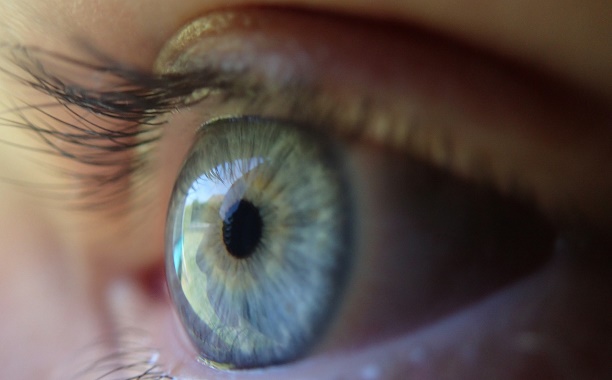We all know those people with stunning blue eyes. Everyone fawns over them and talks about how beautiful and perfect they are, but as we all know, nothing is perfect.
Researchers at the University of Vermont conducted a study that suggests people with blue or light-colored eyes are more susceptible to alcohol dependency than those with darker eyes. The results were published in the July issue of the American Journal of Medical Genetics: Neuropsychiatric Genetics (Part B) in order to demonstrate the team’s hope of finding the true reasoning for alcoholism and other mental illnesses.
Back in 2013, 16.6 million adults aged 18 or over and 697,000 adolescents aged 12 through 17 suffered from an alcohol use disorder, according to the National Institute on Alcohol Abuse and Alcoholism which classifies an alcohol use disorder as a medical condition diagnosed when an individual’s drinking causes distress or harm.
The research team, led by Arvis Sulovari, doctoral student in cellular, molecular and biomedical sciences, and Assistant Professor of Microbiology and Molecular Genetics Dawei Li, is the first to make the connection between eye color and alcohol dependency.
Li has studied psychiatric genetics for 10 years. Throughout his studies, he has collaborated with scientists to generate a genetic database of more than 10,000 people diagnosed with at least one psychiatric illness. The illnesses include, but are not limited to, depression, schizophrenia, bipolar disorder, and alcohol and drug dependence.
For this study, the research team focused on 1,263 samples from that database. All individuals selected were European-Americans who had unrelated cases of alcohol dependence.
Sulovari and Li found that while blue-eyed people have the highest risk, European Americans with light-colored eyes—including green and grey, are extremely susceptible to alcohol dependency, as well. According to their research, the genes responsible for determining color are along the same chromosomes as the genes for alcohol use, which is what connects the two variables.
The results were finalized after being retested three times. Because this is the first study of its kind, it will need to be executed again for a more accurate summary of results. In their published findings, the team reports that their samples were similar, implying there is a moderate risk the findings can be proven false.
The University of Vermont issued a summary of the team’s findings. In their statement, Li said their research didn’t provide an exact reason and that more research is needed.
These are complex disorders (…) There are many genes and there are many environmental triggers.
Li recently submitted a grant application to find undiscovered genes that may contribute to the link between mental illness and eye color. He plans on conducting further research based on their findings.
What has fascinated me the most about this work has been investigating the interface between statistics, informatics and biology (…) It’s an incredible opportunity to study genomics in the context of complex human diseases.
In other alcoholism-related coverage at Immortal News, South Korean scientists have found that virtual reality therapy may help alcoholics who are in treatment.
























